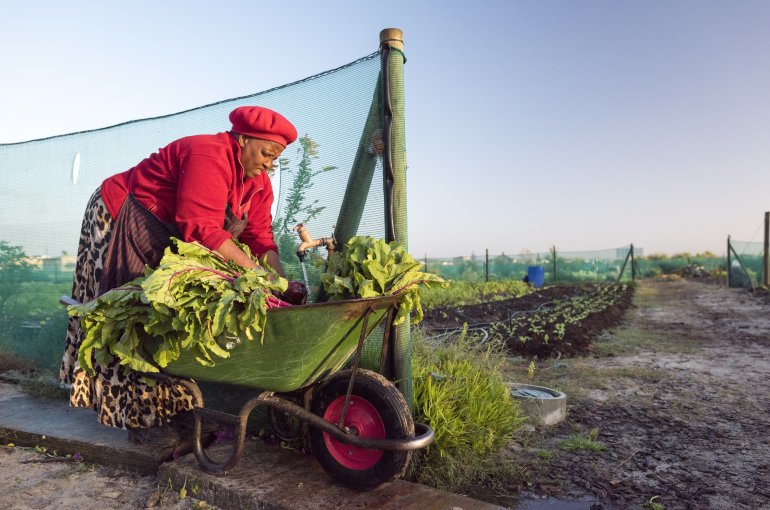Two interdisciplinary research projects receive grants on water-energy-food nexus in South Africa

The Cooperation South Africa – the Netherlands research programme has granted two Utrecht University projects working on the water-energy-food nexus in South Africa. The interdisciplinary research projects aim to undertake impact-oriented research for practical solutions and policy advise in close collaboration with South African researchers.
Resource crises in Cape Town
The first project Nexusing water, energy and food to increase resilience in the Cape Town metropolitan region is a collaboration between the faculties of Geosciences and Law, Economics and Governance that will focus on different resource crises affecting Cape Town. Utrecht University’s Human Geographers Prof Jochen Monstadt and Dr Shaun Smith, and European and Dutch Water Law professor Marleen van Rijswick are involved in the project, as well as Prof Mark Swilling from South Africa’s Stellenbosch University. They aim to improve the capacity of Cape Town’s urban residents and authorities to prepare for, cope with, and learn from resource crises in the city. Can water, energy and food regulations and laws be coordinated in a better, more sustainable way? How do the Netherlands and South Africa compare in this regard?
Social justice
The second project is Water-Energy-Food communities in South Africa: multi actor nexus governance for social justice?, led by Dr Marjanneke Vijge from the Copernicus Institute of Sustainable Development at Utrecht University, and Prof Willemien du Plessis from North-West University in South Africa. It will look into the consequences of nexus implementation for social justice, focusing on the poor and women in South Africa. Nexus implementation requires decision-making about competing resource claims with unavoidable winners and losers. How could water, energy and food communities in South Africa be legally recognised? How can they be expanded to include water use and food production, and with which consequences for social justice?
At the core of interdisciplinary hubs
The projects contribute to Utrecht University’s strategic research theme Pathways to Sustainability, which has water, energy, food, and urban research at its core in four of its interdisciplinary hubs, which focus on tackling key societal challenges: Water, Climate & Future Deltas, Towards Industry with Negative Emissions, Future Food Utrecht, and Transforming Infrastructures for Sustainable Cities .
Funding
The projects will be funded by the first call for proposals of the Cooperation South Africa-The Netherlands research programme from NWO and the South African National Research Foundation.

